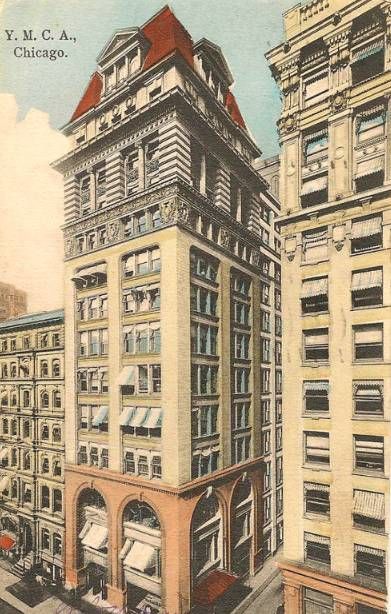thecharioteer
Senior Member
The episode this morning on the radio was particularly irritating.
The "expert" real estate agent explained that condos today are built of "steel and glass", instead of concrete and bricks. As we all know, there has never been a steel condominium built in Toronto (though there were some steel apartment buildings built in the 1950's).
She then cooled off her excited clients looking at a glass-walled corner suite by closing the curtains and then asking them how they felt about the suite without the view. They said it felt "claustophopic". The conclusion: glass walls are misleading purchasers (as opposed to analyzing the proportions of the rooms).
What started out as a dubious campaign against window-wall failures and lack of environmental responsibility has degenerated into scatter-shot criticism of new tall buildings in general.
The "expert" real estate agent explained that condos today are built of "steel and glass", instead of concrete and bricks. As we all know, there has never been a steel condominium built in Toronto (though there were some steel apartment buildings built in the 1950's).
She then cooled off her excited clients looking at a glass-walled corner suite by closing the curtains and then asking them how they felt about the suite without the view. They said it felt "claustophopic". The conclusion: glass walls are misleading purchasers (as opposed to analyzing the proportions of the rooms).
What started out as a dubious campaign against window-wall failures and lack of environmental responsibility has degenerated into scatter-shot criticism of new tall buildings in general.






